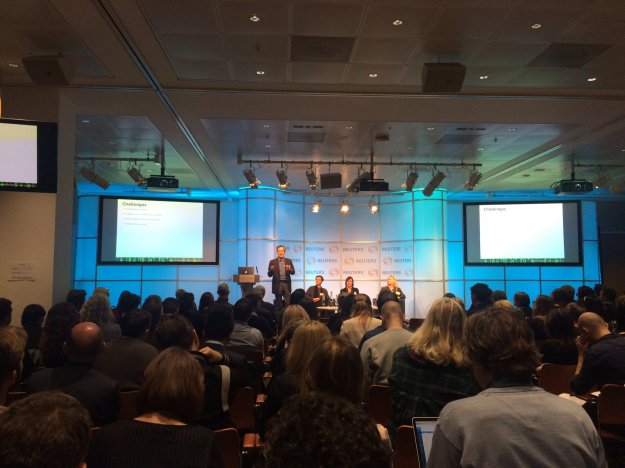
The latest frequently asked questions post focuses on questions from a Masters student interested in the effect of the rise of online news on journalism ethics.
Do you think that the ethical codes of journalism have changed in the transition from traditional journalism to digital?
I think the ethics of journalism have changed, yes, for a range of reasons, and in both negative and positive ways. For example, transparency has become much more highly valued as a journalistic value: journalists are expected to earn the trust of readers much more than was previously the case, and I would argue that is a positive development. Linking to sources, sharing methodologies, etc. forces journalists to hold themselves to higher standards. Continue reading









